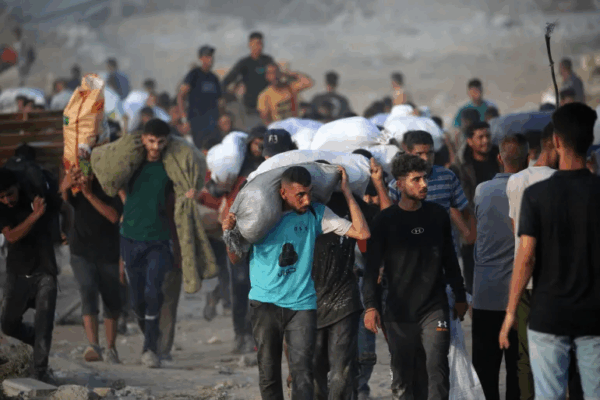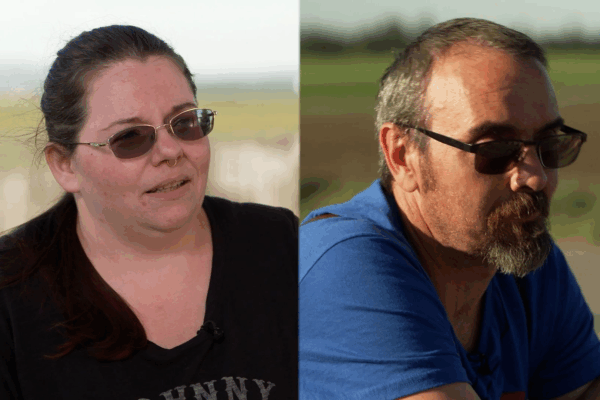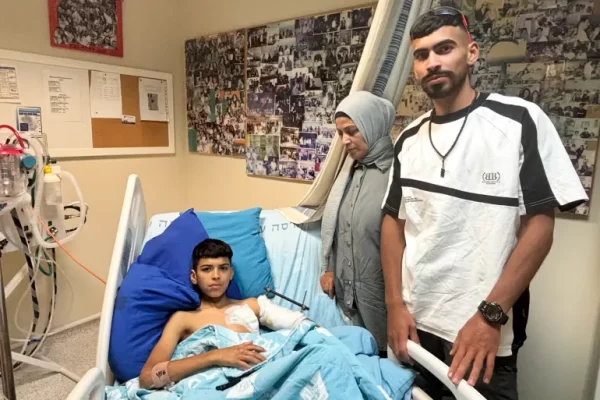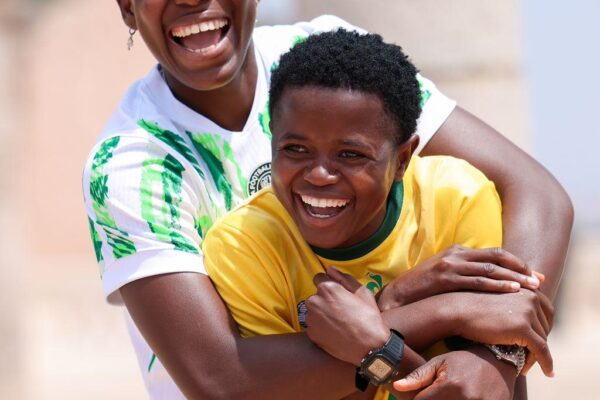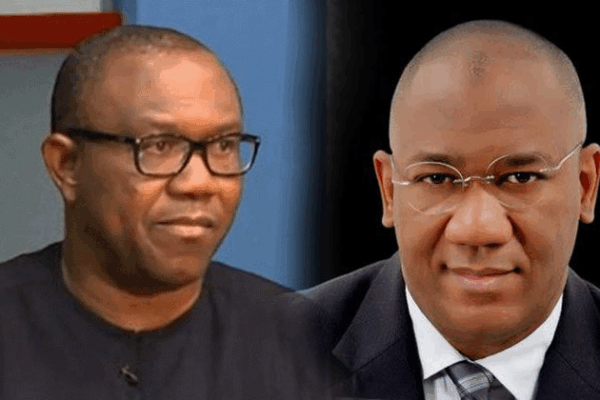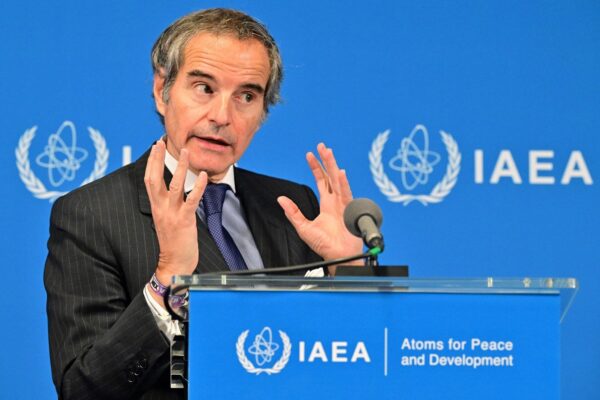
IAEA Inspectors Leave Iran Following US-Israel-Iran Conflict Marking Start of Nuclear Ambiguity
Tehran, Iran – July 5, 2025 — A team of inspectors from the International Atomic Energy Agency (IAEA) has departed Iran, following Tehran’s decision to suspend cooperation with the UN nuclear watchdog in the wake of the 12-day military conflict involving Israel, the United States, and Iran. In a statement on Friday, the IAEA confirmed that some of its staff had returned to its headquarters in Vienna, Austria, with Director-General Rafael Grossi urging the swift resumption of monitoring and verification operations inside Iran. While the IAEA did not disclose how many inspectors left or whether any remain in the country, Al Jazeera’s Resul Serdar, reporting from Tehran, said that the officials departed via land through Armenia, signaling the beginning of what observers are calling a new era of “nuclear ambiguity” in Iran. Iran Cuts Ties With IAEA After Airstrikes The inspectors had remained in Iran throughout the fighting, which began on June 13 when Israel launched airstrikes on Iranian military facilities, killing senior military officials, scientists, and civilians. The United States later joined the assault, dropping bunker-buster bombs on suspected nuclear sites — a move the Trump administration claimed set back Iran’s nuclear programme significantly. Following these events, Iran formally suspended cooperation with the IAEA, citing a deep erosion of trust and accusing the agency of bias. On Wednesday, Iranian President Masoud Pezeshkian ordered an end to ties with the IAEA, a decision backed by the Iranian Parliament and the Guardian Council. Guardian Council spokesperson Hadi Tahan Nazif defended the move as protecting Iran’s national sovereignty, adding that cooperation would only resume when there is “guaranteed security for nuclear facilities and scientists.” Diplomatic Fallout and Global Reaction The decision comes shortly after the IAEA passed a resolution on June 12 — just one day before the conflict began — accusing Iran of failing to meet its nuclear obligations under the Non-Proliferation Treaty (NPT). Iran criticized the timing of the resolution and condemned the IAEA for its silence on the subsequent US and Israeli airstrikes. Iran’s Foreign Minister Abbas Araghchi dismissed Grossi’s request to inspect bombed nuclear sites, saying the demand was “meaningless and possibly malign in intent.” Meanwhile, Washington reacted sharply. US State Department spokesperson Tammy Bruce described Iran’s move as “unacceptable” and urged Tehran to “reverse course and choose a path of peace and prosperity.” She reiterated the Biden administration’s stance: “Iran cannot and will not have a nuclear weapon.” Iran has consistently denied any intention to build nuclear arms, insisting that its programme is strictly for civilian energy purposes. To date, neither US intelligence nor the IAEA has provided definitive proof that Tehran is developing nuclear weapons. What Happens Next? The withdrawal of IAEA inspectors raises critical concerns over nuclear transparency in the region. Experts warn that the lack of independent verification could escalate tensions further and undermine any remaining diplomatic channels. While Iran maintains that its nuclear work remains peaceful, its rejection of inspections and the secrecy now surrounding its facilities may fuel international suspicion and increase the risk of miscalculation in an already volatile Middle East. As of now, there is no indication of when — or if — Iran will restore its cooperation with the IAEA.


